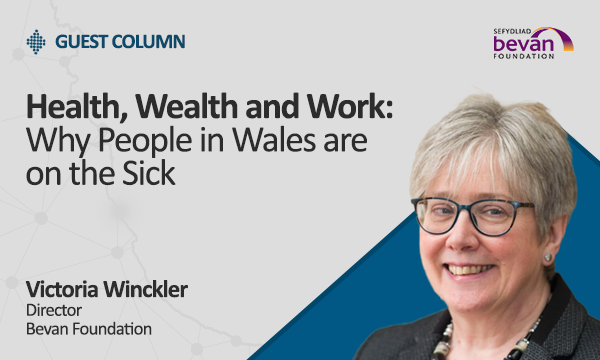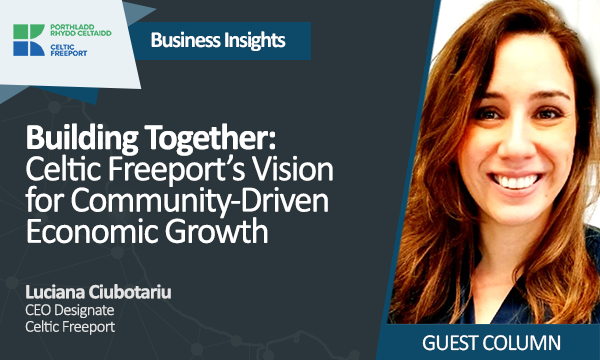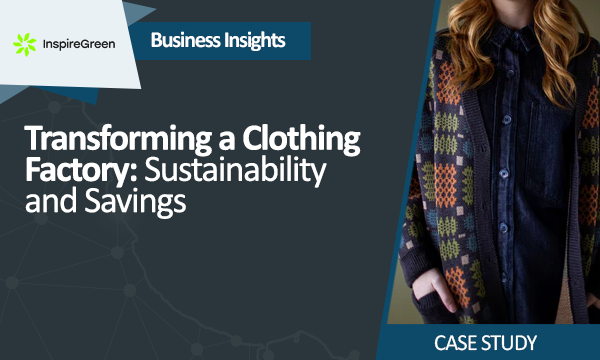
Written by:
Victoria Winckler
Director
The Bevan Foundation
______________________________________________________________________________________________________________________________
The latest inflation figures show that consumer prices, including housing costs, increased by 6.3% in the year to August 2023. This news has been welcomed by economists, but I doubt the business community or households are feeling a warm glow.
To be generous, the latest rate does mean that the trend is downwards and, yes, the fall wasn’t expected. But the reality for businesses and consumers alike remains incredibly tough.
Most important, the fall in the rate of inflation still means that prices are rising, just not quite as quickly as before. The scale of the rise in prices is unprecedented: a typical purchase that cost £100 in 2021 had risen to £113.35 in January 2023, and had increased further to £117.75 by August 2023. That’s a big hike for businesses to deal with and leaves many consumers struggling to make ends meet.
It’s all the more difficult for low-income households. Price rises for food and energy have continued to rise above the headline inflation rate – food prices are up by an eye-watering 13.6% over the year. Because people with lower incomes tend to spend a greater proportion of their cash on these essentials, they have felt the pressure of inflation all the more.
In the real world, inflation is just one factor in the micro-economy of businesses and households – wages matter too. Over the last year, earnings have risen by 5.6% in the UK and 5.4% in Wales. This is welcome news for households but is nevertheless below the rate of increase in the price of goods and services. Within Wales, there are some areas where wage rises have been significantly below the average: Wrexham with a 3.8% increase, Newport with 4.5% and Cardiff with 4.8%. To make matters worse, households do not necessarily feel any benefit from wage increases – the freezing of the personal tax allowance greatly reduces any gains from higher pay.
The outlook is challenging to say the least.
The Bank of England forecasts that inflation will decline to 5% by the end of the year. While that is closer to the Prime Minister’s target to halve inflation, it nevertheless means prices are going up, adding a further £1.26 to the August price of the typical purchase mentioned earlier. This, combined with rises in rents and mortgage interest payments, means that household living standards are likely to continue to be squeezed for the next two years. The Resolution Foundation, a UK think tank that specializes in living standards, forecasts that, overall, there will be zero real-terms growth in incomes for non-pensioner households. Higher income households may experience some growth, but those on below-average incomes are expected to see a real-terms decline in living standards in 2024-25.
Juggling higher costs and depressed consumer demand has become a way of life for many Welsh businesses, with more juggling set to come. It remains to be seen how many can keep going in such challenging circumstances.
Victoria Winckler is Director of the Bevan Foundation – Wales’ most influential think tank.













